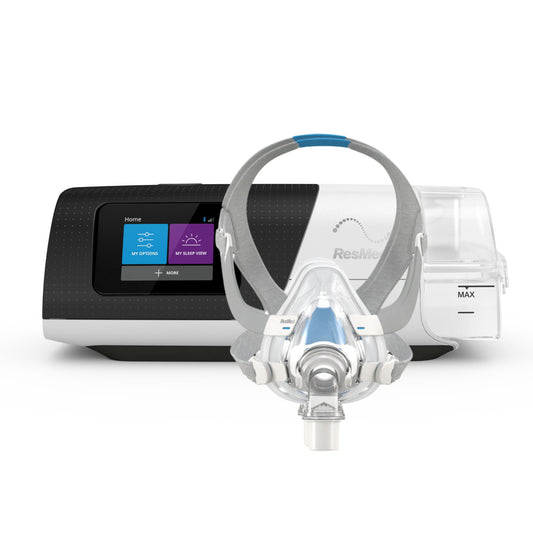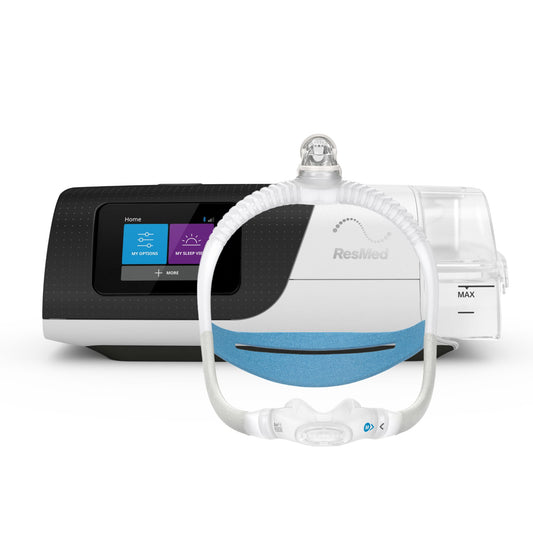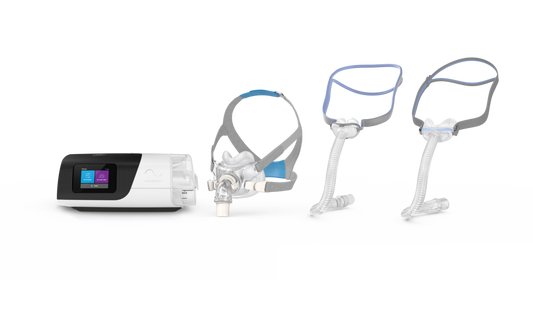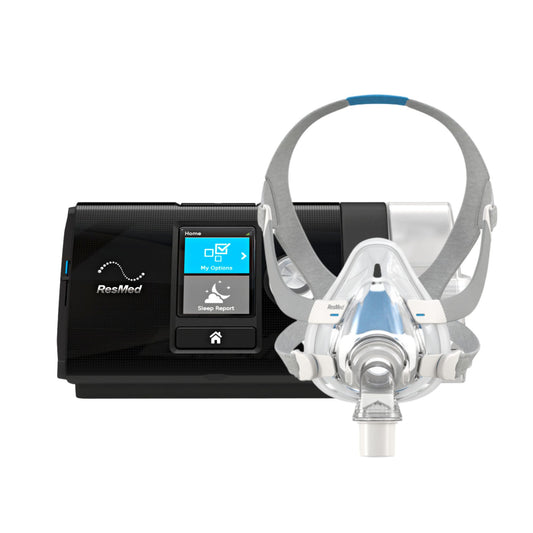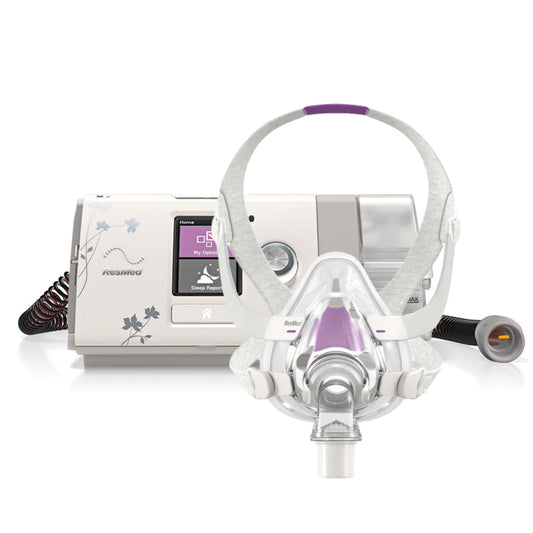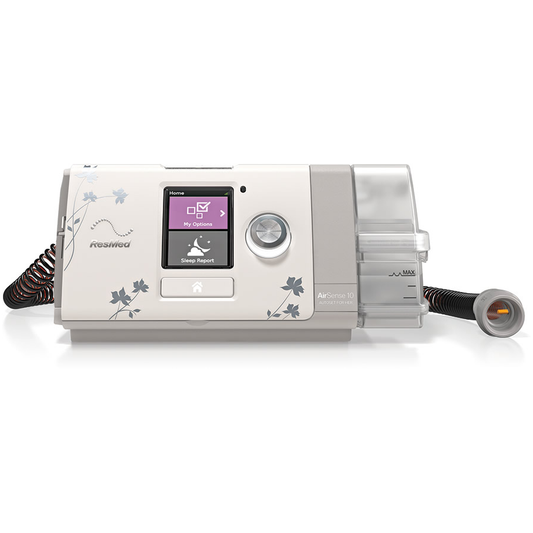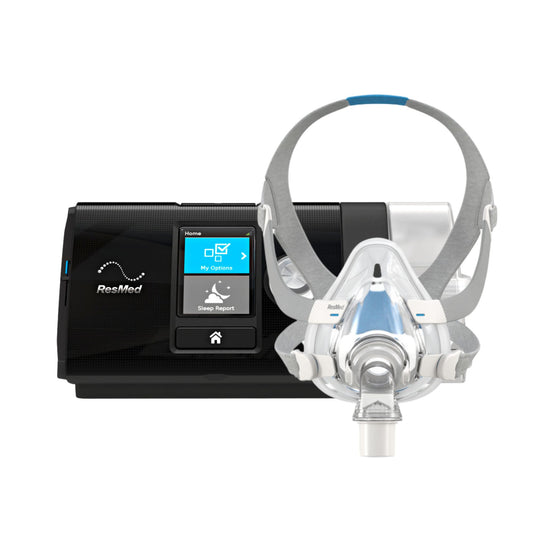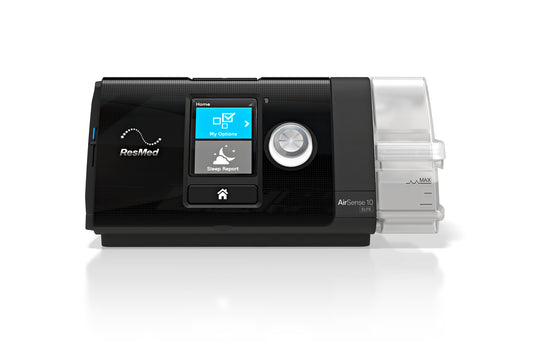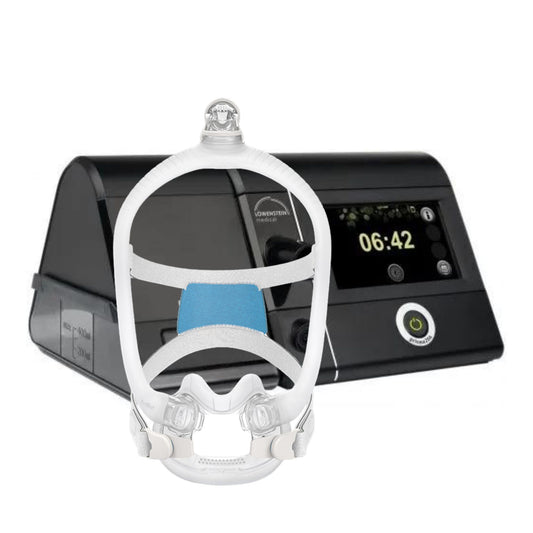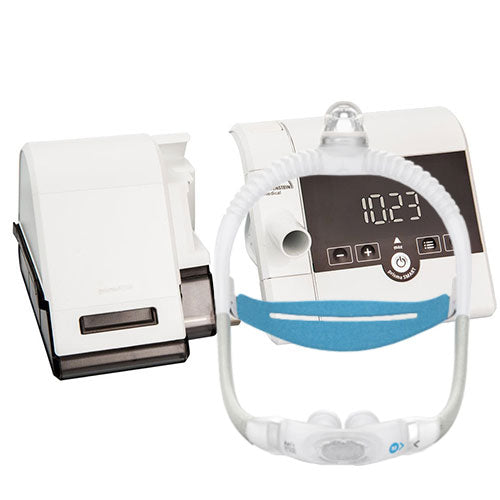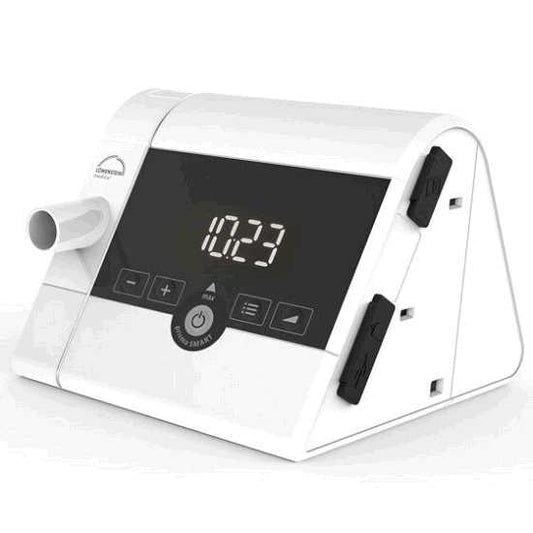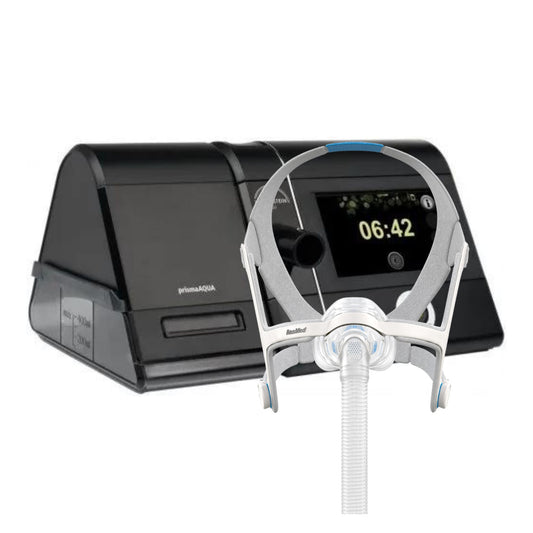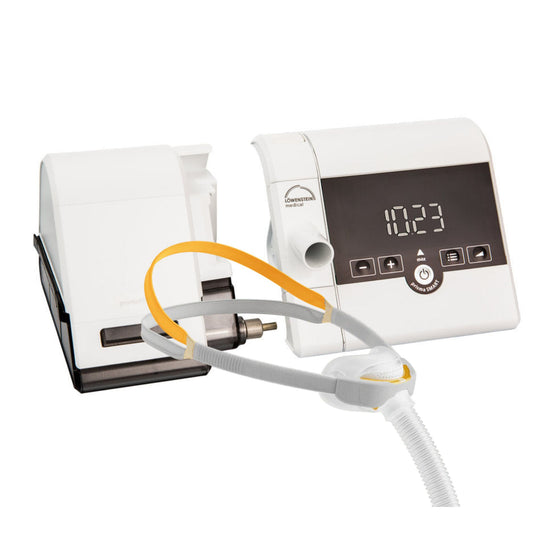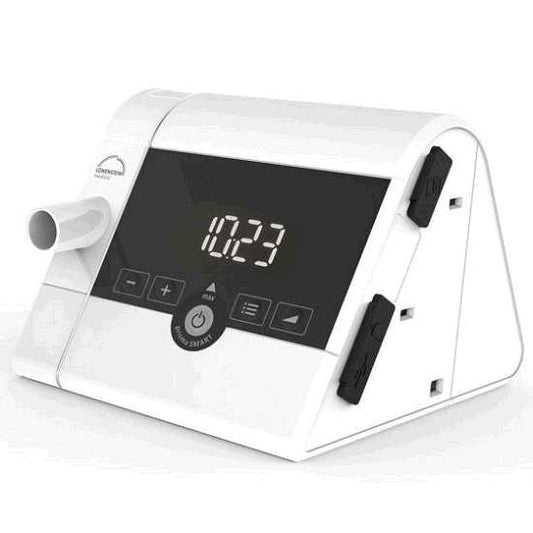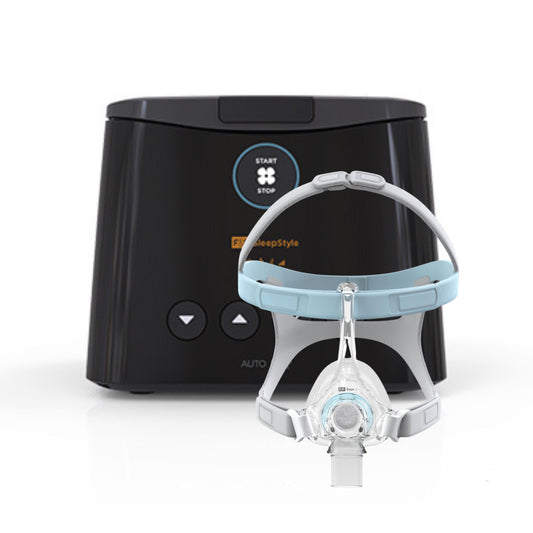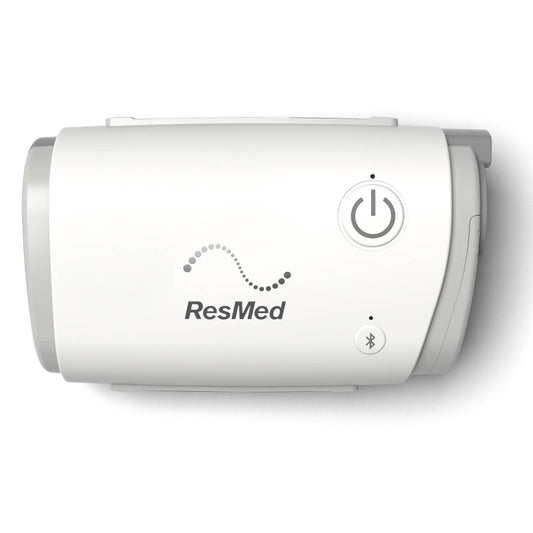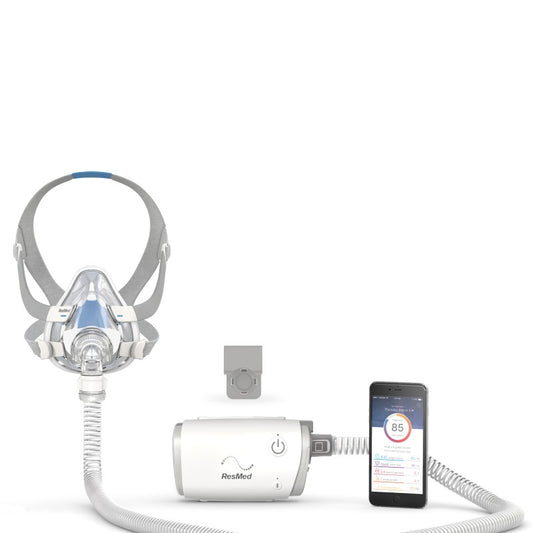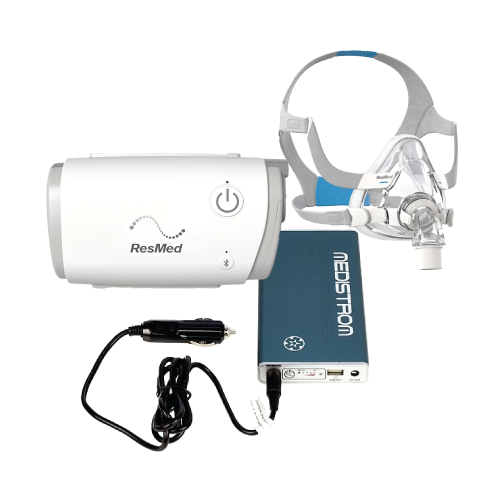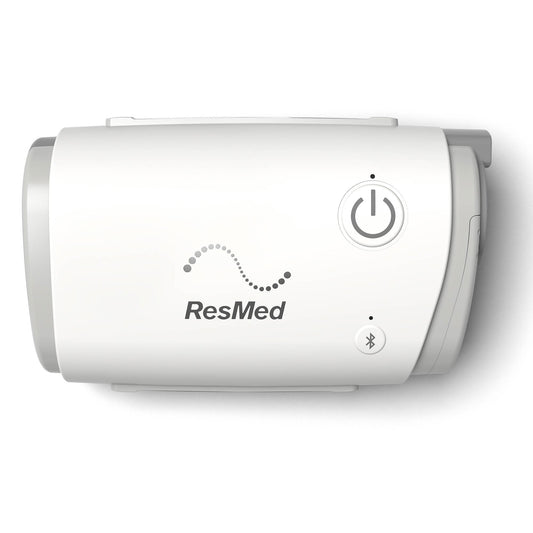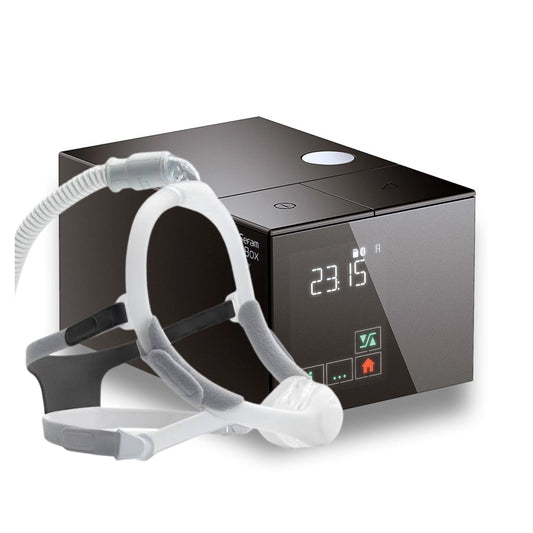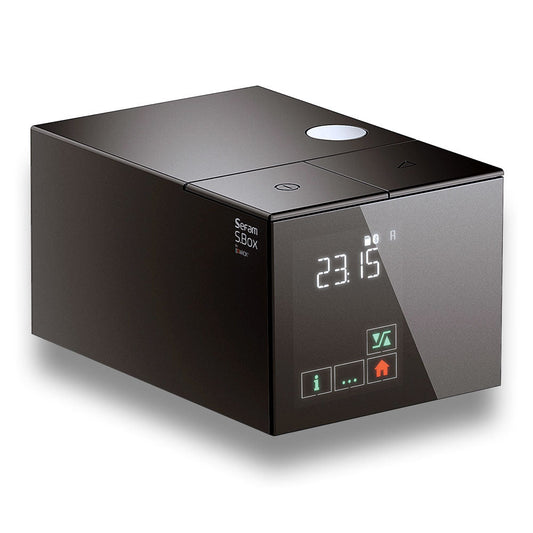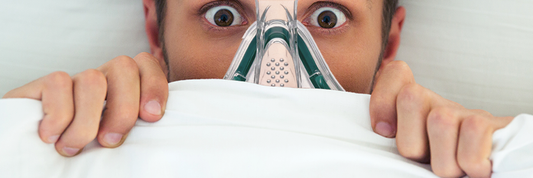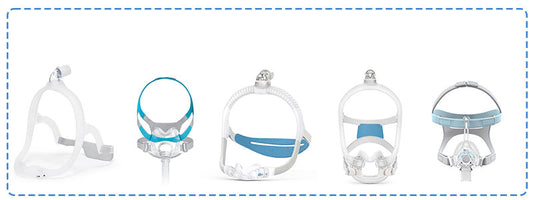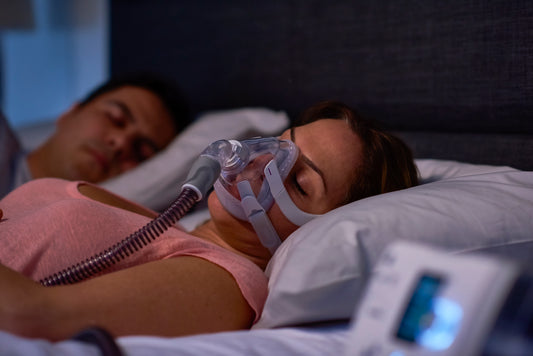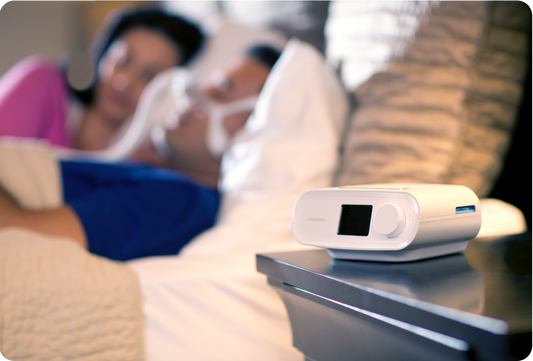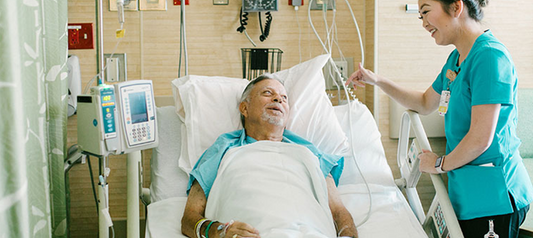Hypersomnia is the term used for a group of sleep disorders that cause excessive sleepiness in a person. A person with hypersomnia has the possibility of falling asleep while in the middle of an activity such as driving or working. They may also show symptoms of deprived sleep such as not thinking clearly and lack of energy. Narcolepsy is a type of hypersomnia as well as idiopathic hypersomnia, Klein-Levin Syndrome, and those suffering from insufficient sleep syndrome and those who are long sleepers.
Narcolepsy
This condition is a lifelong sleep disorder that makes a person excessively tired with an uncontrolled urge to fall asleep while engaging in another activity. This condition is quite dangerous as one can fall asleep while driving, eating, or walking. A person with untreated narcolepsy is a danger to himself and others. Studies show that around 1 in 2,000 suffer from a form of narcolepsy.
There are two types of narcolepsies: with cataplexy and without cataplexy. Narcolepsy with cataplexy is excessive daytime sleepiness coupled with the tendency to suddenly lose muscle tone while awake. This condition may lead to buckling knees and slurred speech, even paralysis in acute cases.
Narcolepsy without cataplexy involves extreme sleepiness without losing muscle tone. In this case, a person might fall asleep in the middle of an activity; wake up refreshed and then after a couple of hours, feel tired and sleepy again.
Idiopathic Hypersomnia
A person with idiopathic hypersomnia needs about 12 to 14 hours of sleep in a 24-hour cycle. This sleep disorder makes a person crave sleep several times a day.
Kleine-Levin Syndrome
This sleep disorder tends to happen more than once a year. A person with Klein-Levin Syndrome exhibits recurring episodes of extreme sleepiness and long sleep duration. An episode may persist for two days and in some extreme cases, five weeks.
Insufficient Sleep Syndrome
This happens when a person fails to get regular sleep at night or is sleep-deprived. Sleep deprivation is deemed voluntary but unintentional. An examination will show nothing medically or mentally wrong with the person; with the person able to go to sleep when given the opportunity. How does one know he has insufficient sleep syndrome?
• He does not get at least 8 hours of sleep per night
• Family or partner say he needs more sleep
• Improved energy and fewer symptoms when he gets enough sleep
• Does not have any medical or mental disorder
• Shows less attention, concentration, alertness, and energy
• More tired, irritable, and distracted
Long Sleeper
As the sleep disorder implies, people who are classified as “long sleepers” regularly sleep albeit longer than the average member of the age group they belong to. They sleep for 10 to 12 hours which is longer than what most people in different age groups require.
The main concern of a long sleeper is that there is not just enough time to do what he needs to do during the day. This disorder may be rooted in childhood, but it is not caused by any mental or medical condition. They may sleep for less than 10 hours on weekdays but catch up on the missed sleeping hours on the weekend. The trouble is that when a long sleeper does not get his daily dosage of sleep, he will feel sleepy, unenergetic, and prone to exhibit symptoms of hypersomnia.
Just like obstructive sleep apnoea, hypersomnia is manageable and treatable.
Find a clinic or call us now for a consultation 1300 750 006.
